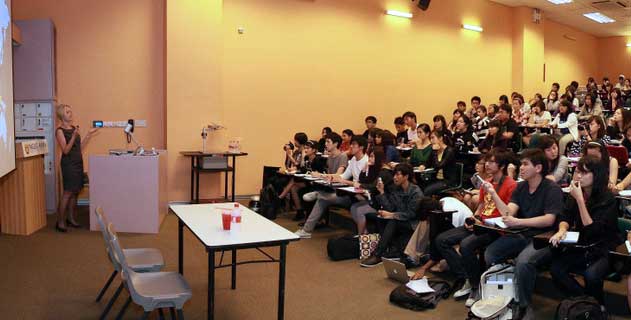My CV is just the start.
The places, faces and life experiences
that have enriched my professional acumen.
I once was a journalist, but I’m ok now. My main claim to fame during that career was that I was the first woman journalist to reach Bucharest during the bloody Christmas 1989 coup.
Unlike Nicolae Ceausescu, I did not face death with defiance. I ducked and screamed and prayed and cried when snipers shot at me. But I got the story.
That catapulted my journalism career into the big leagues in Romania and Bulgaria, where I was living and teaching on a Fulbright fellowship at the time. I published pieces in many major US newspapers, the London Times, the London Sunday Times, Time magazine, etc.

Throughout my career, teaching has been a rewarding way to share and collaborate, especially with those who will lead the next generation.
I continued to write for international papers after the Battle for Bucharest, covering developing stories about politics and insurgents – and tragic stories about “irrecuperable” orphans in remote, dilapidated orphanages – but I knew it was time for a change. Besides the personal risk when trying to report the news in this volatile region, I didn’t like intruding on others’ grief and feeling so helpless about having any impact on the enormous changes needed in Eastern Europe.
When my Fulbright was finished in Bulgaria, I went back to the copy desk in London to work on the Times and Sunday Timespapers, as well as a Financial Times publication on Eastern Europe. After the excitement of reporting in the field, I found the biggest challenge of those journo jobs was to overcome boredom and stay awake. So I moved to Munich to work at Radio Free Europe/Radio Liberty and do qualitative and quantitative research in the former Soviet Union and Eastern Europe.
When President Clinton’s budget ax fell onto the Radios, they were moved to Prague. I didn’t want to move back into Eastern Europe, so I looked to the west and interviewed for a position as a document scientist at a staid, buttoned-down pharmaceutical company in Basel, Switzerland.
I took the job with Franklin Quest (now Stephen Covey) Consulting Group and worked at Roche and a half-dozen other major global pharmaceutical companies based in Europe. Eventually I accepted a full-time marketing position inside Roche as Global Head of Competitive Intelligence.
At the same time, I was consulting mostly for Zurich Financial Services as a rhetorician for the Chairman/CEO of the company during my weekends and ample holidays. I then was asked to take a full-time position in Zurich as Global Head of Internal Communications, with an emphasis on organizational learning.
When I finished that job, we returned to the U.S.; and I began working for the CEO of one of the divisions of GE Insurance Solutions and led a global team of communications professionals. Following that, I moved to work for the CEO of Black & Veatch’s global water business and led another global communications team. The key word here is ”global” as you may have noted.
In the summer of 2011, we moved back to Switzerland to live and work in Zurich, where I founded Thought Leader Zone GmbH, which is like Inc. in English. I’m not sure exactly what that acronym means, but my guess — after dealing with all the authorities and accountants and banks involved — is that the H in GmbH stands for “Hassle.”
My clients over the last year include one of the world’s largest reinsurance companies, a leading global engineering firm, an international biotech company, an IT startup, a global trade publication and several non-profit associations and private clients.
I’ve been finding great job satisfaction in my new role as an independent communications consultant for many reasons, one of which is the fact that no one has shot at me so far.
Considering an international career?
Watch a video for some helpful advice!
Video: In a presentation to an international studies group at the University of Kansas, Constance Ward shares her experiences, tips and insights on launching and developing a global career, regardless of where you are presently based.
